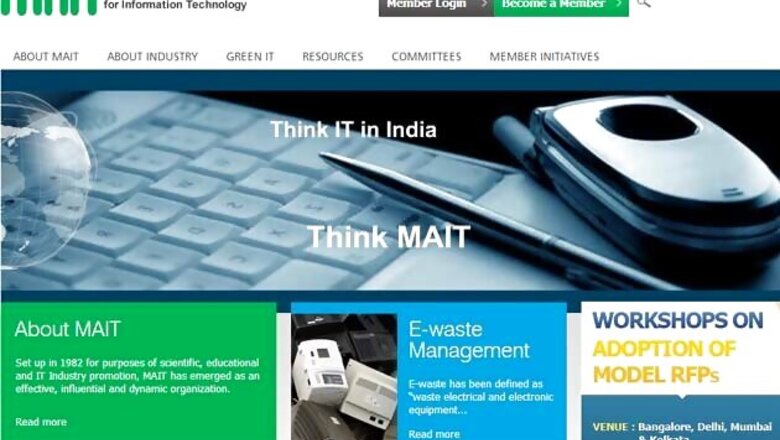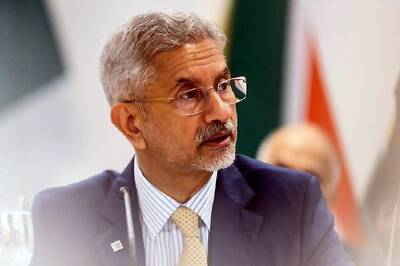
views
To identify the challenges in the areas of IT Procurement and spread larger awareness on Model Request for proposal (RFPs), which has been prepared by Department of Electronics and Information Technology (DeitY) in 2011 to standardise the procurement process, Manufacturers Association for Information Technology (MAIT), organized a sensitization workshop on model RFPs in association with Deity and Accenture as knowledge partner at Mumbai. The workshop acted as a common platform for both the industry body and states from western India to share their experience on the implementation of e-Governance projects.
Emphasizing on the compliance to model RFPs Mr. Kamlesh Patel, Head - SeMT, Daman & Diu said, "Improvisation of RFPs is very important so that new regulations can be put across regularly. We are also trying to set policies which are maximum bidder friendly."
Further elaborating on this situation Mr. Rangrajan, Head - SeMT, Dadra & Nagar Haveli, stressed on the incorporation of specifications in RFPs as per the valid justification by the bidders. He also highlighted on the clause in RFP which says that a manufacture certificate should be included in a bid.
An RFP is one of the most important documents in government tendering process, considering the fact that this is the first document enlisting the requirement, methodologies and payment for the projects. It is vital to create the RFP with a detailed and careful thought; this can help in explaining roles and responsibilities of all parties involved in the project. MAIT also urged the government to have a pre-bid meeting with vendors before finalizing the RFP.
Since most of the e-governance projects are capital intensive with long gestation projects, IT Industry is facing huge challenge with the current currency fluctuations, absence of ERV protection, unfavourable payments and low margins resulting in serious cash flow problems. Highlighting this issue, Ramendra Verma, Partner, Health& Public Services, National Delivery Lead, Accenture, said that the payment terms should be reasonable so as to help companies meet their cash flow requirements. The government stands to benefit if payment made timely.
Industry also raised its concern over lack of transparency in the bidding process and requested that the companies should be allowed to ask the reasons for the rejection during bid. A suggestion was also made that the bidding process should be divided in two parts; technical bid and commercial bid. The government should first call for technical bid and then go for commercial bids; this will ensure that the best company comes in.
While addressing the gathering, Anwar Shirpurwala, Executive Director, MAIT, said "We are honoured to offer a platform wherein industry and government gathered to understand and strengthen procurement mechanisms and also create larger awareness on Model RFPs. Different states have their own approaches towards RFPs and with such workshops we aim to facilitate inputs from several state governments as well as the larger industry on how Model RFPs itself can be further strengthened. "
This was an important event for State IT decision makers from western India and industry captains as it served as a platform to interact on ways of strengthening IT procurement processes and highlight the issues being faced by them in implementing e-Governance projects over the last few years. Representatives from states like Maharashtra, Dadar & Nagar Haveli, Daman & Diu, Madhya Pradesh, participated in the discussion and addressed the issues & challenges for e-Governance projects.


















Comments
0 comment